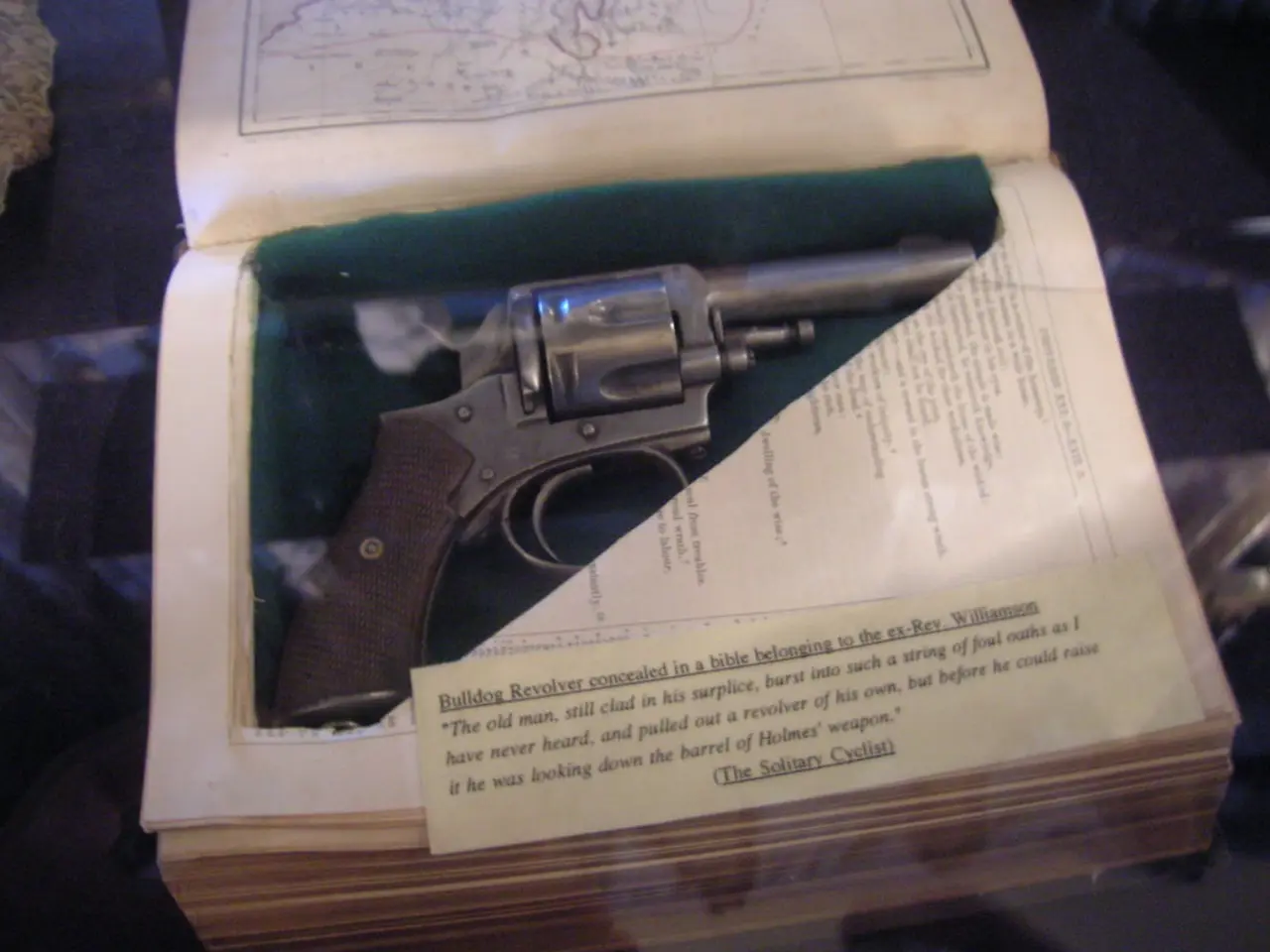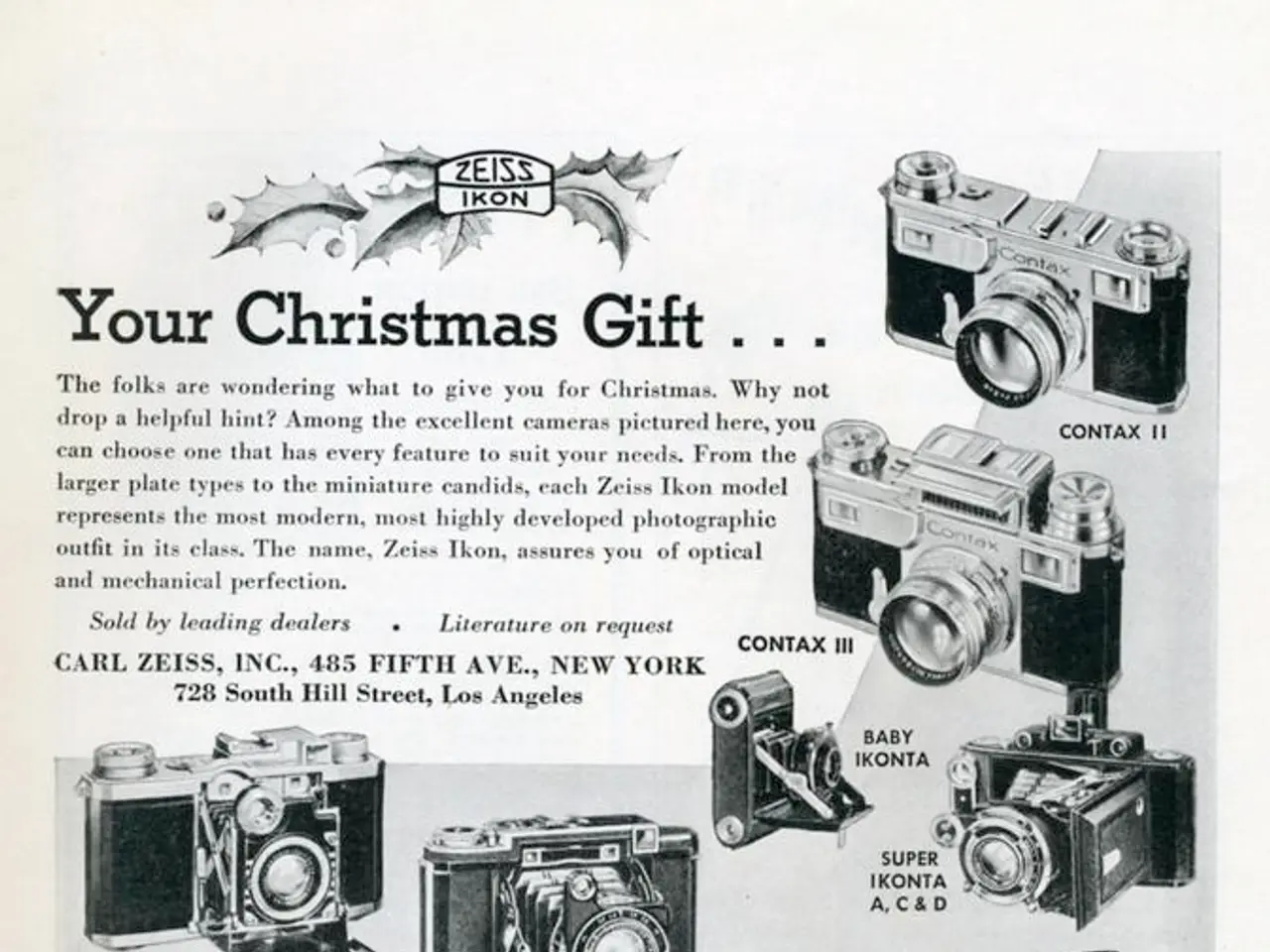Exploring Texas Firearm Regulations and Your Permissions
In the Lone Star State, staying informed about gun laws is crucial for residents to make informed decisions and avoid potential legal issues. Here's a breakdown of the key aspects of Texas gun laws.
Open Carry
Adults aged 21 and older who legally possess a handgun can open carry their firearm, provided it's carried in a holster on the belt or shoulder. Open carry is legal in most public places, but there are exceptions. Prohibited areas include secured airport areas, polling places on voting days, schools, courthouses, businesses posting no-gun signs, some alcohol-serving establishments, sporting events, prisons, hospitals, mental health facilities, amusement parks, private property with posted prohibitions, some federal gun-free zones (such as military bases and post offices), and governmental meeting rooms.
Concealed Carry
Concealed carry is an option available in Texas, but it requires a License to Carry (LTC). To obtain an LTC, applicants must complete classroom training (which can be done online), pass a written test, and pass a live-fire shooting exam with a certified instructor. Applicants must be at least 18 years old, pass a background check ruling out disqualifying criminal or psychological records, and maintain a clean record. The LTC allows both concealed and open carry for licensed holders.
Background Checks
Background checks are mandatory for firearm purchases from licensed dealers in Texas, following federal law. Holding a Texas LTC may exempt the license holder from additional background checks when purchasing handguns within Texas.
Prohibited Locations
Carry of firearms (both open and concealed) is not allowed in certain locations, including secured areas of airports, polling places on voting days, schools, courtrooms, businesses that post "no guns" signs, certain alcohol-serving venues, sporting events, prisons, hospitals, mental health facilities, amusement parks, private property with posted prohibitions, certain federal properties (military bases, post offices), and government meeting rooms.
It is legal to carry a handgun inside a vehicle without a license as long as it is not in plain sight, and the person is not otherwise prohibited from possessing a firearm.
Remember, it's the responsibility of individuals to ensure a safe transaction when buying from or selling to another private individual in Texas. Seeking expert guidance from professionals is wise when faced with legal issues concerning gun laws in Texas.
For more valuable information and legal assistance, visit https://gallianfirm.com/dallas-criminal-defense-lawyer/. By understanding Texas gun laws, residents can ensure responsible gun ownership and make informed decisions to protect their rights.
Embracing new lifestyle choices in Texas may include staying informed about both technology and sports, but it's equally important for residents to understand the intricacies of the state's gun laws to make responsible decisions. For instance, one can legally open carry a firearm in a holster and carry concealed with a License to Carry (LTC), with each option having specific regulations and prohibited locations.




